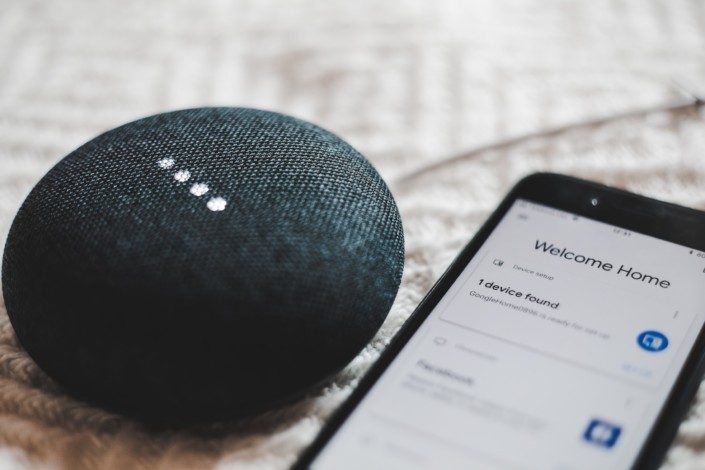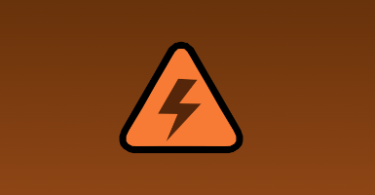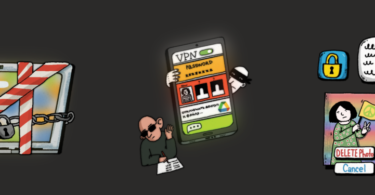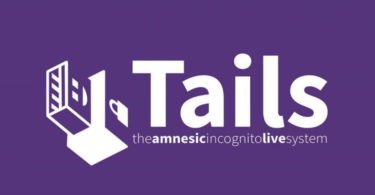Smart home devices like Amazon’s Alexa, Apple’s Siri or Google Assistant can make life easier in a number of ways, but also may enable malicious actors to spy on users. In this article, tech security expert Bence Kócsi explains for Reporters Without Borders (RSF) what precautions journalists should take when using them.
Smart home devices (SHD) can broadly be categorised as any connected device integrated into the home and remotely accessible. Popular ones such as Amazon’s Alexa, Apple’s Siri and Google Assistant, have drastically increased in popularity in the last several years as they can make daily life easier in many ways, from lighting, music, data statistics, to providing information and home security.
Most of the devices connected to these home networks, such as digital assistants, smart TVs, gaming consoles, exercise bikes, and home security cameras, are able to record audio or video and collect personal data, making them useful for malicious actors to spy on users. Journalists are at heightened risk of being targeted by attacks, either for their personal data or for the sensitive information they gather as part of their work.
The risks of smart home devices
- Manufacturers may not secure user data: The companies managing SHDs may not necessarily store users’ data securely: serious security flaws have been found in major companies such as Amazon-owned Ring.
- Smart home devices often have poor security: Users often fail to set up proper security on their devices or their home WiFi networks, making the devices easy targets for hackers.
- Smart locks can be hacked: Many smart locks on doors can be breached by competent hackers quite easily, allowing intruders access to the home without even leaving evidence of forced entry.
- Smart appliances can be controlled remotely: Hackers gaining access remotely to SHDs can provoke serious damage, e.g. set the temperature to high levels to make the home uninhabitable, break the appliance, or even cause a fire.
- Any device recording audio or video can be used to spy or harass: Journalists conducting interviews in-person or over the phone where SHDs are present risk having their conversations spied on without their knowledge. There are also cases of hackers using camera systems and the voice function to harass victims.
- Personal schedules and internet activity can be monitored: Google Home or Amazon’s Alexa can make and store schedules, notes, and search queries that a hacker can use to track the victim’s movements and activities.
Precautions to take when using smart home devices
- Secure WiFi networks with a strong password and ensure routers are updated.
- Only buy smart home devices from vetted companies with a proven dedication to security and which put out regular security updates.
- Set strong and unique passwords on all devices. Remember that the network is only as secure as the least secure device. Even a smart fridge can be hacked as a weak entry point to a home network.
- Limit SHDs’ ability to control appliances, heating systems, alarm systems, and locked doors.
- Limit SHDs’ access to audio, video, personal data wherever possible.
- Do not have sensitive conversations near recording devices. Where possible, set up a private room that includes no recording devices within hearing range.
- Do not buy a smart appliance when a regular appliance will do – all smart devices are a potential security weakness.
Bence Kócsi is an experienced freelance editor, writer, and researcher. He has been focusing on a wide range of topics including digital security, technology, historical linguistics, politics, and medicine.








